In a crowded hall and with overwhelming applause, the National Congress of the Chinese Communist Party received last October 16 the current leader and president of the country, Xi Jinping, at the beginning of the national assembly that is held every five years. The party congress is the equivalent of a general election and, if everything had followed the natural course, the current Chinese leader would be handing over the reins of the country this Sunday, after a decade in power. However, Xi will continue for a third consecutive term, after consolidating his power within the party in the last ten years and recovering a personality cult that had not been experienced since Mao Zedong.
“This Congress has incredible historical value,” acknowledges a historian, who recalls that since the era of Deng Xaoping, in the 1980s, “an unwritten rule” limiting Chinese presidents to two terms was established. Something Xi is going to break after he removed that limit in 2018. “This Congress shows the level of power Xi Jinping has reached as president. He is compared to Mao because no other president has had as much power in his hands as he has had.”
China's ruling Communist Party reaffirmed President Xi Jinping's continued dominance in running the nation Saturday, one day ahead of giving him a widely expected third five-year term as leader. https://t.co/YqDqhyk5Xr
— CTV News Calgary (@CTVCalgary) October 22, 2022
Although there is a tendency to think that the Chinese Communist Party is a monolithic entity where all its members unconditionally support a leader, the truth is that within its ranks there are different currents and factions that seek to take over the leadership of the party. The information comes from the high Chinese spheres and, above all, from what is being discussed at the National Congress of the Chinese Communist Party.
“The main groups opposed to Xi may come to see it as a challenge and a problem, because they are losing the concept that it is the party as an entity that has to set the pace for China and not a single person,” says an analyst. During his mandate, Xi has tried to “gradually get rid of possible opponents using the excuse of the fight against corruption”, she says.
Although Xi Jinping was born under the wing of the ruling communist leadership, family disagreements soon dragged him into political ostracism. His father, Xi Zhongxun, played an important role in Mao Zedong’s political and propaganda circle, but in the 1960s disagreements with the Chinese dictator and the Cultural Revolution caused Xi’s family to be sent to forced labor camps. Today, more than half a century later, Chinese propaganda speaks of a meteoric rise, which has allowed Xi to be half a century later the great Chinese leader capable of rivaling Mao.
Xi Jinping surprised in 2012 with his election, but it is not surprising that ten years later he has more power than ever. His policies look decades ahead and no one doubts anymore that he can stay in charge if he wants to. Xi knows well that no matter how big a figure he is, no one is saved from losing the support of the party. As happened to his father when Mao felt questioned after the Great Chinese Famine and decided to carry out an internal purge. This Sunday his shadow will continue to lengthen and, with it, the legacy that wants to lead China to become the first world power. Whatever the cost.
#China: Former President & General Secretary of China, Hu #Jintao, Xi #Jinping's predecessor, has been physically removed from Communist Party Congress and has since disappeared. pic.twitter.com/yWHASApF9n
— Igor Sushko (@igorsushko) October 22, 2022
On the other hand, in an unusual scene that caught all eyes in an event usually orchestrated to the millimeter, the former president of China, Hu Jintao, was escorted this Saturday out of the room where the closing of the 20th Communist Party Congress was being held. With no official explanation as to what happened, speculation soon arose as to whether his departure was due to health problems or perhaps the result of political infighting.
Hu, who will turn 80 in December, was seated at a prominent place at the main table of the Great Hall of the People, just to the left of President Xi Jinping. As seen in footage captured of the moment, two staffers approach him and talk to him while another Standing Committee heavyweight seated next to him, Li Zhanshu, has his hand on his back.
Already standing, Hu seems at first reluctant to leave, though he then walks off on the arm of one of the stewards. On his way, he is seen exchanging a few brief words with Xi, who nods, and also pats the shoulder of outgoing Premier Li Keqiang, who is seen as close.
The former premier has been seen looking increasingly frail in his recent public appearances. Due to the opacity of Chinese politics, it is likely that the party will not offer any explanation of what happened or clarify his situation. For the moment, the incident does not appear in any Chinese media nor is it circulating on local social media, where the authorities usually apply strict censorship.
-Thailand News (TN)



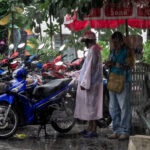


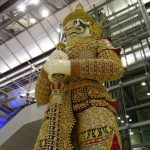

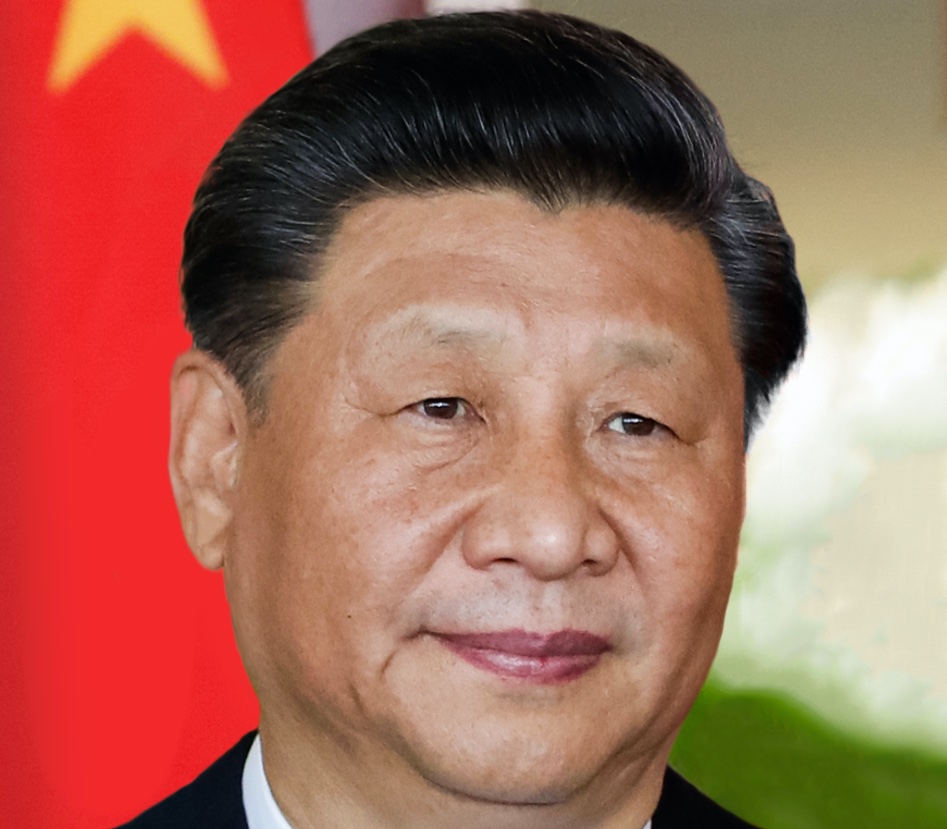
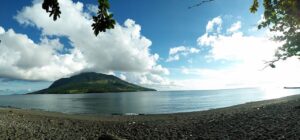
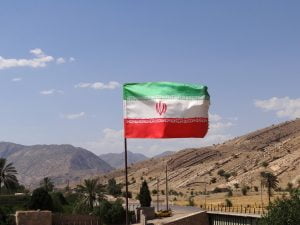
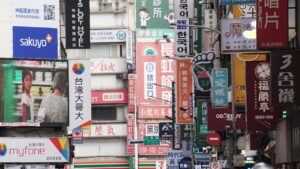


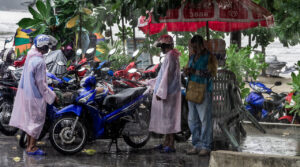
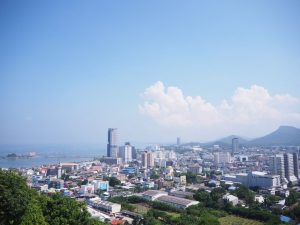

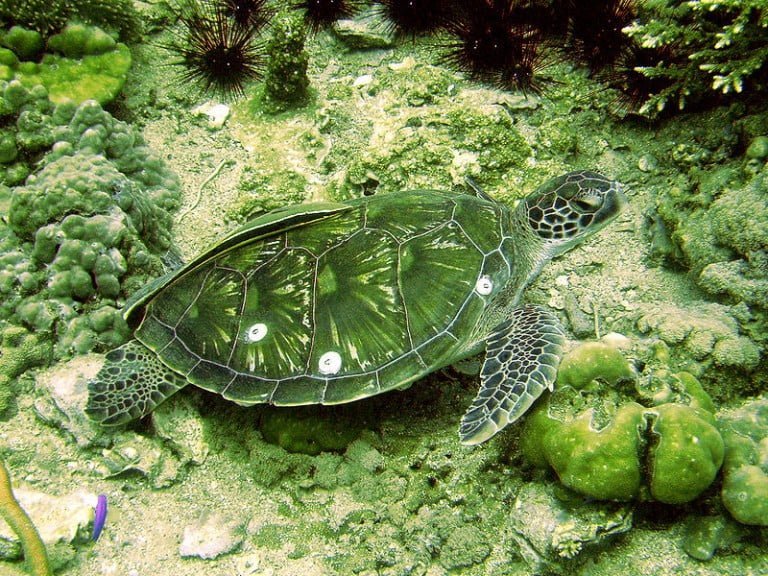

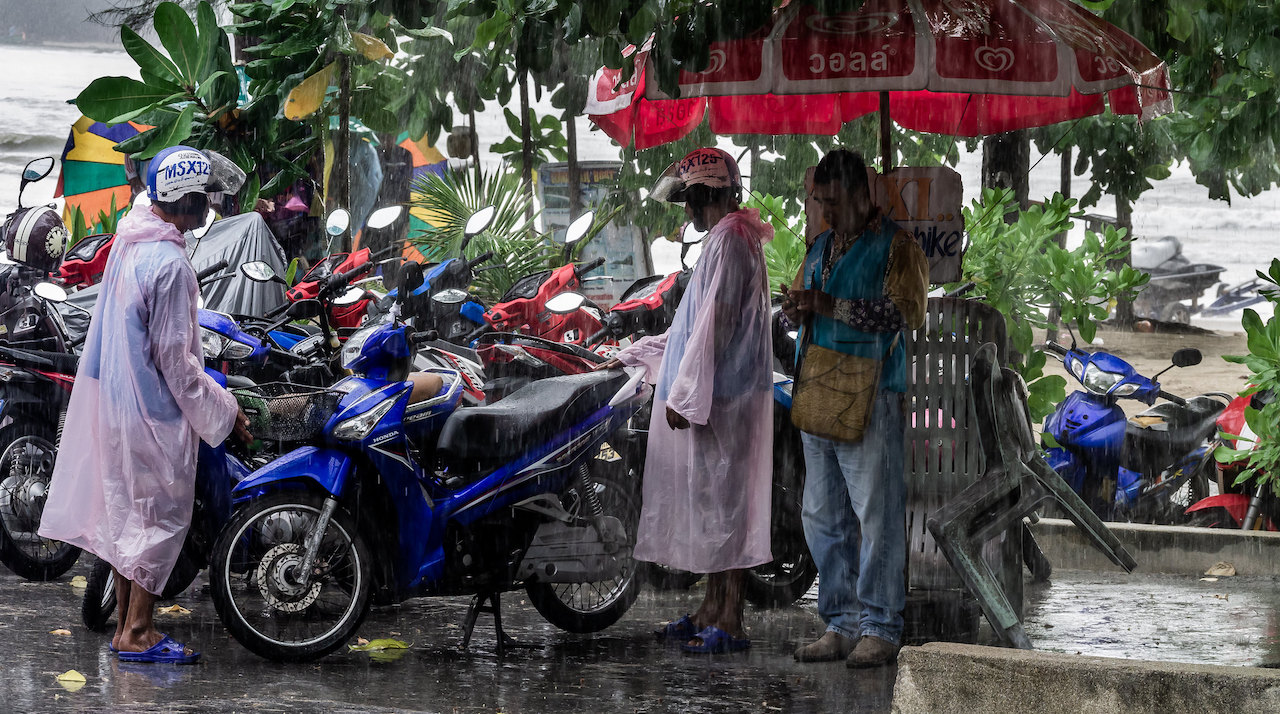
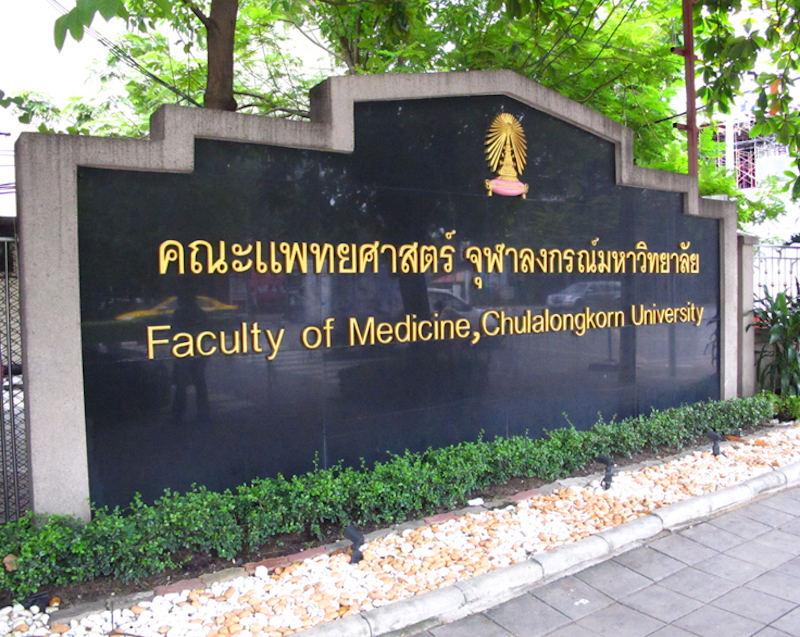
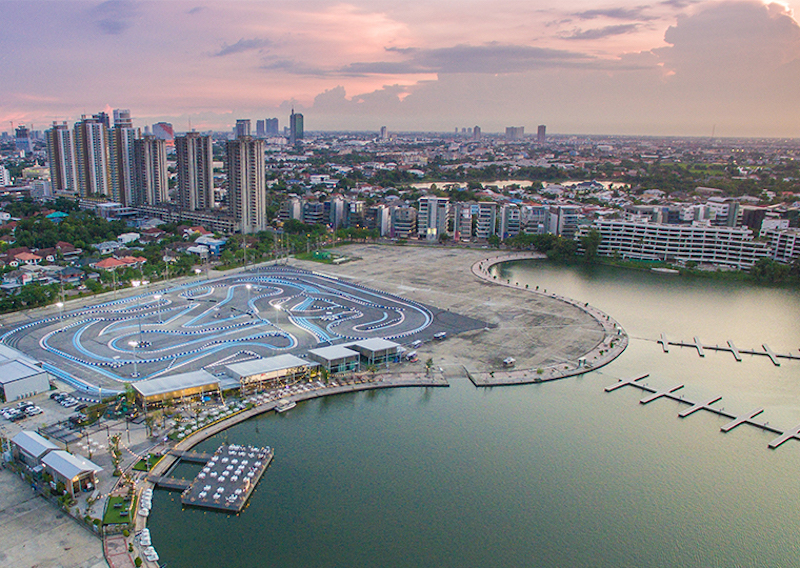
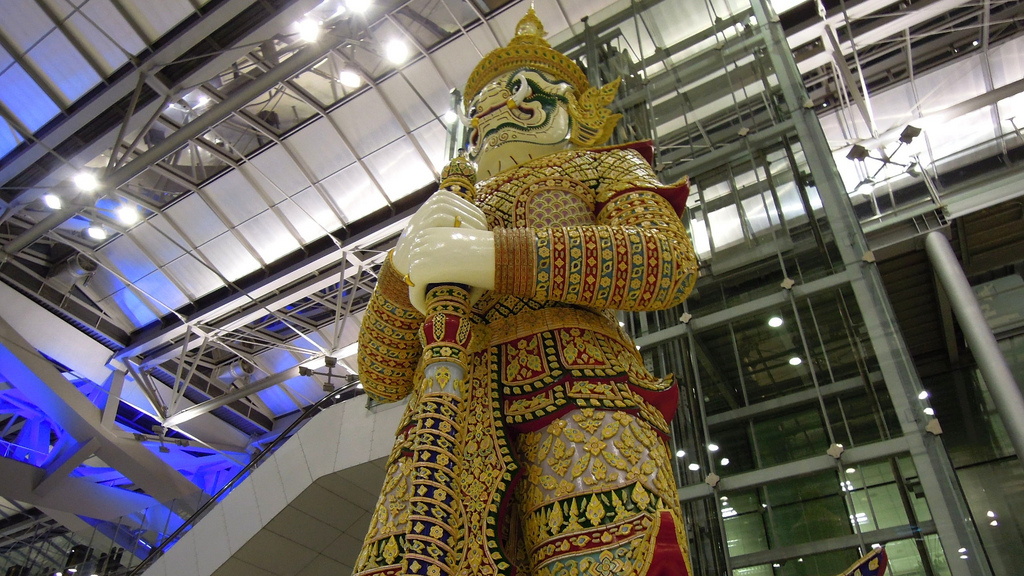
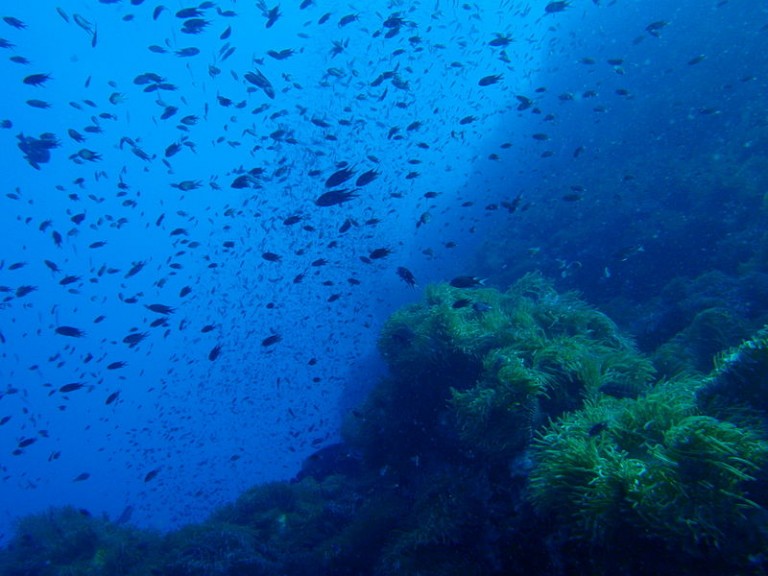
+ There are no comments
Add yours